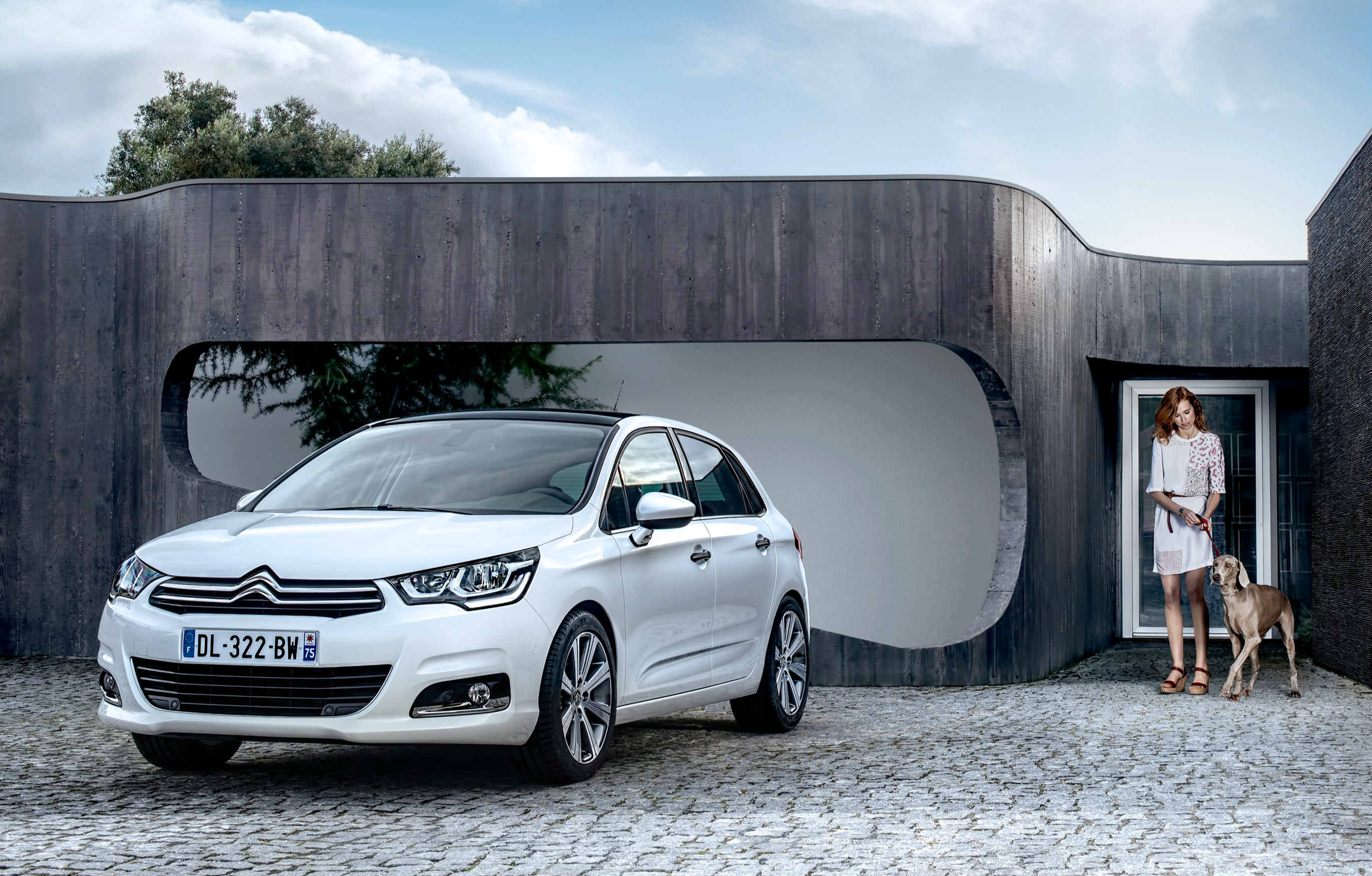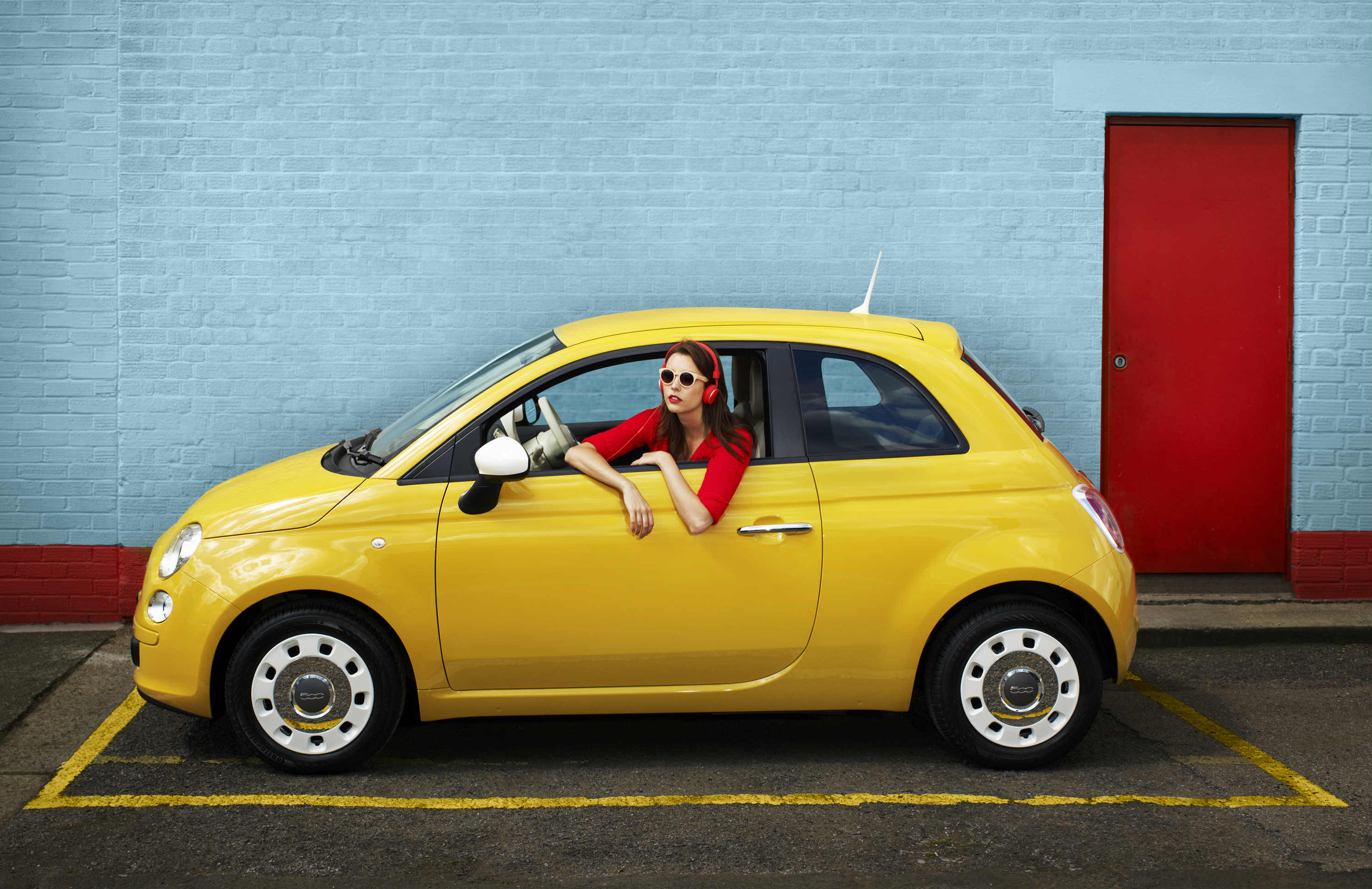A beginner’s guide to car tax
Car tax is one of the essential maintenance costs that comes with being a car owner. If you’re not sure where to start or how it could affect your next car purchase, find out more with our beginner’s guide to road tax

What is car tax?
Whether you’re buying your first car or upgrading to a new model, you’ll need to know about car tax. Car tax is a charge that’s applied to almost all vehicles that are driven or parked on public roads in the UK. Its official name is Vehicle Excise Duty (VED for short), but you’re more likely to hear it described as car tax, vehicle tax, or road tax. However, the term road tax could be seen as a little misleading as technically not all road users need to pay – cyclists, horse riders, and pedestrians are all exempt.
First introduced in 1937 to replace an outdated road tax system that had been in place since the 17th century, car tax is paid to the UK government via the DVLA. This money goes towards a range of projects in the public interest, including the maintenance and improvement of roads and motorways.
The amount of car tax you’ll need to pay each year will depend on your vehicle, so it’s understandable that this would be a consideration when choosing your next car. Buying a car in a low car tax band could reduce your running costs and may even make your vehicle more appealing when reselling on the used car market.
How is car tax calculated?
In the UK, the amount of car tax you’ll be asked to pay each year will depend on a few different factors including when it was first registered, its CO2 emissions, fuel type, and engine size. It’s important to note that the date your car was first registered won’t be the same day you bought it if you’ve purchased a used car with previous registered owners.
Your car’s CO2 emissions will be measured in terms of the number of grams released into the atmosphere per kilometre (g/km). If you’re not sure which category your car belongs to, you’ll be able to find details of its average emissions on its V5C registration certificate.
Cars registered before 1st March 2001
Any owner of a car or light goods vehicle registered before 1st March 2001 will pay tax based on its engine size. There are two rates depending on whether the engine is under 1549cc or over.
Cars registered between 1st March 2001 and 31st March 2017
If your car was first registered in the 16-year period between 2001 and 2017, the rate of car tax you’ll pay will be based on the vehicle’s fuel type and its CO2 emissions.
Cars registered after 1st April 2017
If you’ve bought a brand-new car or one that was first registered more recently, you’ll pay tax based on the vehicle’s fuel type and CO2 emissions for the first year. After this, annual tax owed will be based solely on the car’s fuel type.
How much does car tax cost?
Unfortunately, car tax costs aren’t always straightforward. There are several things that can affect the annual charge including the date the car was first registered, its fuel type, and its CO2 emissions. Full details of the cost breakdown for each car tax band can be found on the government website.
If your car is a newer model that was first registered after 1st April 2017, your first-year car tax charge could range from £0 to £2365 depending on its fuel type and CO2 emissions. Diesel cars are usually charged the most tax. After the first year, you’ll need to pay £165 per year for a petrol or diesel car or £155 a year for a car that runs on alternative fuel.
Owners of cars registered in the 16 years between 1st March 2001 and 31st March 2017 will need to pay between £0 and £630 per year depending on the vehicle’s CO2 emissions. If your car was first registered more than 20 years ago, before 2001, you’ll need to pay £180 per year if the engine is under 1549cc or £295 if it’s larger.
Additional charges also apply if you’ve bought a vehicle that’s worth more than £40,000. In this case, you’ll be asked to pay an additional £355 each year, for up to five years, unless it’s a zero emissions vehicle.
Which vehicles are exempt from road tax?
There are some vehicles that are currently exempt from road tax. That’s right, you might be able to save over a hundred pounds a year if you buy the right one. However, if you plan to drive or park on public roads you’ll still need to apply for VED, even if your tax bill is £0!
In the UK, the following vehicle types are exempt from paying road tax:
- Electric vehicles – make sure that the electricity powering the car comes from an external source or an electric storage battery to qualify.
- Disability vehicles – you might qualify for a tax exemption if you have a disability, and you don’t need to pay road tax for a mobility scooter or powered wheelchair.
- Classic cars – any vehicle that’s more than 40 years old is considered classic and exempt from car tax.
- SORN vehicles – if your car isn’t being used, you can declare it off the road. You’ll need to obtain a Statutory Off-Road Notice (SORN) and ensure that the car isn’t driven or parked on a public road at any time.
- Agricultural vehicles – including mowers, tractors, and off-road vehicles only driven on private land.
How can I pay for my car tax?
You can pay for your car tax online, via Direct Debit, or in-person at the Post Office – the choice is yours! You’ll need to have your VED reference number handy, which can be found on your DVLA reminder letter, vehicle logbook, or the green new keeper’s slip if you’ve recently bought your car. If you decide to pay at the Post Office, you’ll also need to take along a valid MOT certificate.
Select the payment method that’s best for you and your circumstances. If you can’t afford to pay the full amount in one go, you can choose to split the cost by paying in monthly instalments or breaking the charge into two payments, one every six months. However, it’s worth keeping in mind that you’ll be asked to pay a 5% surcharge in return for this flexibility if you choose to pay monthly or every six months.
What happens if I don’t tax my car?
You’ll automatically receive a reminder from the DVLA when your car tax is due to be paid. If you don’t pay in time, a fixed penalty notice will usually be issued. This is typically £80 but can be reduced to £40 if you pay the bill within 33 days.
If you’ve not paid because you’re no longer using your car, make sure that you’ve officially declared it as off the road, otherwise you’ll still be liable for tax. The penalties for failing to pay or being caught driving an untaxed car include a fine of up to £1000 or five times the amount owed in tax, whichever amount is greater.
The DVLA has several tools at its disposal to prevent vehicle tax evasion including sending reminder letters, court prosecutions, ANPR cameras, and wheel clamping.
How to declare your car off the road
Whether you’ve made the switch to public transport, invested in a second vehicle, or need to spend an extended period abroad, you don’t have to sell your car to be exempt from paying tax. Instead, you can declare it off the road. This is known as SORN and it’s only applicable if you don’t intend to drive or park your car on a public road. Instead, you’ll need to keep it on private land or stored in a garage. You can declare your car as SORN by heading to the DVLA website and completing the relevant online form.
What happens to your road tax when you sell your car?
There are few things as frustrating as paying for a full year of road tax and then selling your car a month later! But the good news is that you won’t be out of pocket for long. You can claim a refund for any full months that you’ve paid for but won’t be able to use. Unfortunately, car tax isn’t transferable so the car’s new owner will need to tax it themselves before they can drive it on any public roads. Let the DVLA know that you’ve sold the car (you can do this online) and your refund will be paid automatically.
How do toll roads work?
While standard annual car tax applies to most UK roads, there are some that ask for an additional payment before you can use them. Toll roads such as the M6 Toll, the Dartford Crossing, or the Severn Bridge charge per use. Certain vehicles will also be charged to drive within Ultra Low Emission Zones (ULEZs) or the London Congestion Zone.
 Win your car finance on us!
Win your car finance on us! 

